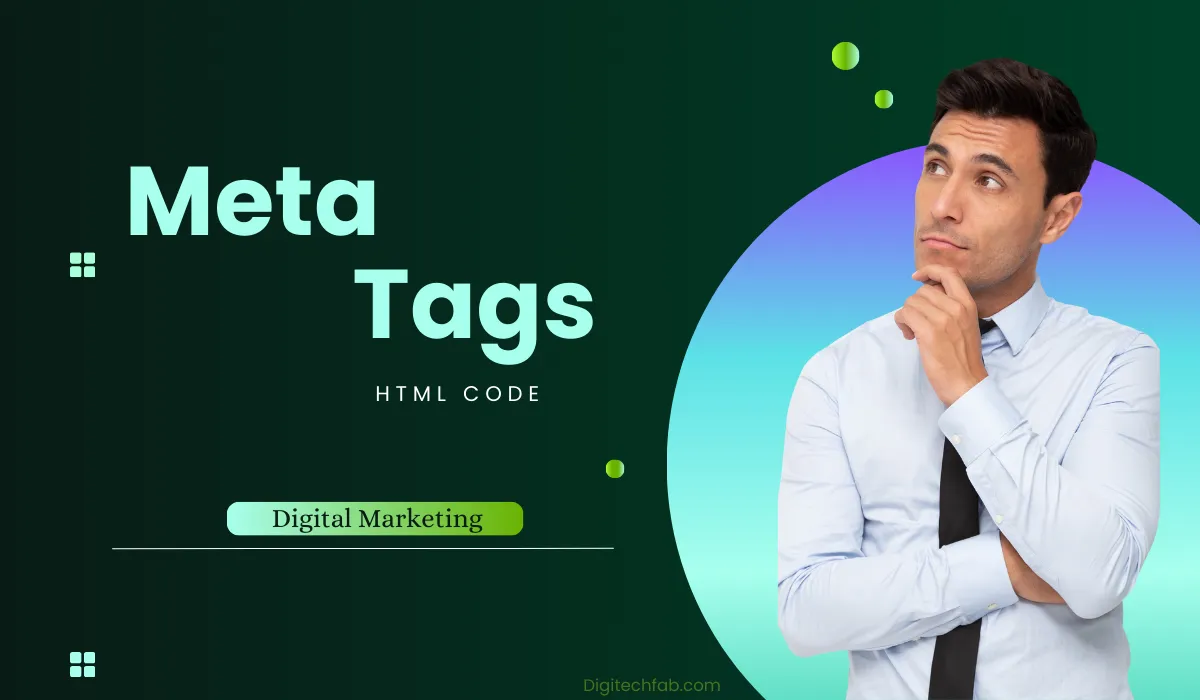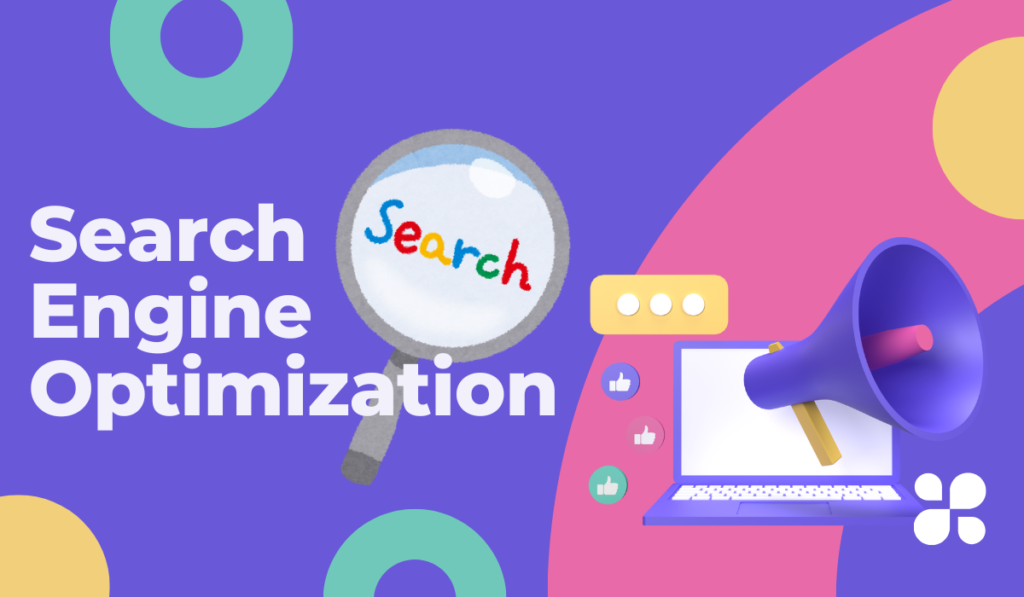
In this blog, we will explore what meta tags are, the importance of crafting SEO-friendly meta title and description, and the ideal length for maximizing traffic.
Overview: Meta Tags
Meta tags are HTML elements that provide a summary of your web page’s content. They are embedded in the head section of your webpage and are not visible on the page itself but serve as a bridge between search engines and your content.
Key types of meta tags include:
- Meta Title: This displays the title of your page in search engine results.
- Meta Description: Summarizes the page content to entice clicks.
- Meta Robots Tag: Instructs search engines on how to crawl the page.
For effective SEO (search engine optimization), optimizing your meta title and description is essential.
What Is a Meta Title?
A Meta Title is the title that appears in the search results and browser tabs. It gives both users and search engines an idea of what the page is about. The meta title in SEO is a key factor in ranking and improving your site’s visibility.
Importance of Meta Title
Meta titles play a special role in SEO and user experience. They act as the headline for your webpage in search engine results. A well-crafted meta title influences both your ranking and click-through rate (CTR).
- First Impression: A well-crafted meta title attracts users to click.
- SEO Ranking: Search engines use the Meta Title to understand the page’s relevance to a query.
- Branding: Helps establish a strong online identity by including the brand name.
Best Practices for Meta Title Length:
The meta title length or character limit ensures that your title displays properly in search results without being truncated. Exceeding this length might result in a cut-off title, reducing its effectiveness.
- Length by Character: 50-60 characters (including spaces).
- Length by Pixel: 580 pixels (Factors affecting pixels include boldness, spaces, capitalization and special characters)
- Primary Keywords: Place the primary keyword in the meta title, near the start for better ranking.
- Avoid Keyword Stuffing: Use natural and readable language.

What Is a Meta Description?
A Meta Description is a short snippet displayed below the title in search results. It summarizes the content of the page and encourages users to click.
Importance of Meta Description:
- Improved Click-Through Rate (CTR): A persuasive description attracts more clicks.
- User Engagement: It gives users a clear understanding of what to expect on the page.
- SEO Signals: While not a direct ranking factor, the Meta Description Length and relevance can indirectly influence rankings through CTR.
Best Practices for Meta Description Length:
- Length by Character: 130-160 characters for best visibility.
- Length by Pixel: 920 pixels (Factors affecting pixels include boldness, spaces, capitalization and special characters)
- Compelling Language: Use action verbs and value-driven language to entice users.
- Keywords: Include primary or secondary keywords naturally.
Comprehensive Examples of Meta Titles and Descriptions
Example 1:
Meta Title:
“What is Technical SEO? 2025 Beginners Guide”
Meta Description:
“Technical SEO in our 2025 guide. Learn its importance, key elements, and how it boosts rankings and performance. Visit our website for insights!”
Example 2:
Meta Title:
“Complete Guide to Off-Page SEO Submissions (Backlinks Strategy)”
Meta Description:
“Complete guide to off-page SEO submissions & backlinks strategy. Boost rankings, drive traffic, and enhance authority with ‘put your brand name!’.”
Tips for Using Meta Tags Effectively
Focus on Relevance: Ensure your meta title and description align with the page content.
Use Tool: Utilize tools Meta title and description length checker – Meta Title & Description Tester to save time and enhance creativity.
Avoid Duplication: Each page should have a unique Meta Title and Description.
Meta Tags: SEO-Friendly Meta Title and Description Length for Traffic
Final Words
Meta tags, including meta titles and meta descriptions, are significant for driving traffic and improving SEO. By optimizing their length and using relevant or genuine keywords, you can boost visibility and click-through rates. Effective meta tags enhance user experience and rankings. Start implementing these strategies with DigiTechfab to maximize your website’s performance. Call now +91 790-376-2376
Frequently Asked Questions (FAQs):
What are meta tags, and why are they important for SEO?
Meta tags are snippets of HTML code that provide information about a website to search engines and users. Help search engines understand content Improve ranking and stimulate general traffic A well-optimized title and meta description will attract more clicks & increase visibility.
What is the ideal length for a meta title?
The ideal meta title length is between 50-60 characters, including spaces. Staying within this range ensures the title appears fully in search results, avoiding truncation. For example: “Meta Tags for SEO: Optimize for Traffic and Rankings” (52 characters).
How long should a meta description be?
Meta description should be between130-160 characters long including spaces. This will ensure that it is fully displayed in search results. It provides users with a clear and concise message about the content of the page.
How do meta tags affect website traffic?
Improved meta tags will improve your click-through rate (CTR) by making your page more attractive in search results—keyword-rich titles and descriptions. Encourage users to click Increase organic traffic. If you want to make meta tags or avail full SEO services, so visit our website DigiTechfab.
Are keywords essential in meta tags?
Yes, keywords are crucial in meta tags. Including primary keywords like “meta title and description” in titles and descriptions helps search engines understand your content, improving its ranking for relevant queries.
Do meta tags directly impact search rankings?
Meta tags don’t directly influence rankings but play a vital role in CTR and user engagement. Improved CTR signals search engines about your page’s relevance, indirectly boosting rankings. Therefore, they are essential in any SEO strategy.


